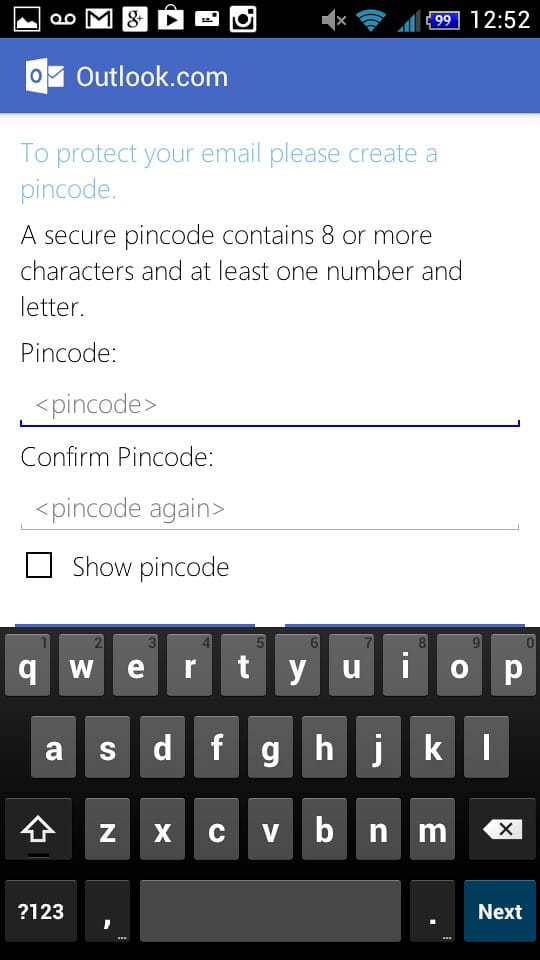Microsoft Outlook Outage: When 21 Hours Felt Like an Eternity for Global Businesses
A widespread Microsoft Outlook outage that lasted over 21 hours this week left millions of users worldwide unable to access their email, calendar, and contacts, highlighting the critical dependency modern businesses have on cloud-based communication platforms. The disruption, which began Wednesday afternoon and extended into Thursday evening, affected both Outlook.com and Microsoft 365 enterprise customers across multiple regions.
The Scope of the Disruption
Microsoft's service health dashboard showed the outage impacting users across North America, Europe, and Asia-Pacific regions. The company acknowledged the issue at approximately 2:30 PM EST on Wednesday, with users reporting inability to send or receive emails, access calendars, or sync contacts across desktop, mobile, and web applications.
The timing couldn't have been worse for businesses operating across different time zones. While some organizations were wrapping up their workday, others were just beginning, creating a cascading effect of communication breakdowns that rippled through global supply chains, client relationships, and internal operations.
Impact on Business Operations
The extended outage exposed the vulnerability of organizations heavily reliant on Microsoft's ecosystem. Companies reported significant disruptions including:
- Delayed client communications affecting sales pipelines and customer service
- Postponed meetings due to inaccessible calendar systems
- Disrupted workflows for teams dependent on Outlook integration with other Microsoft 365 tools
- Increased IT support tickets as employees sought alternative communication methods
Small businesses appeared particularly affected, with many lacking robust backup communication systems. Several companies took to social media platforms to communicate with clients and partners, highlighting the scramble to maintain business continuity.
Microsoft's Response and Communication
Microsoft's incident response came under scrutiny as the company initially provided limited information about the root cause. The tech giant's status updates were infrequent during the first 12 hours, leading to frustration among affected users and IT administrators seeking clarity.
The company later revealed that the outage stemmed from a "recent change to authentication infrastructure" that prevented users from accessing Exchange Online services. Microsoft deployed multiple mitigation strategies throughout the incident, including rolling back recent changes and implementing alternative authentication pathways.
The Broader Cloud Reliability Question
This incident adds to a growing list of major cloud service outages that have affected millions of users in recent years. From AWS disruptions that took down numerous websites to Google Workspace outages affecting Gmail and Drive, the pattern raises important questions about cloud service reliability and business continuity planning.
The financial implications of such outages are substantial. Industry analysts estimate that email downtime costs businesses an average of $1,500 per employee per hour in lost productivity. For Microsoft's estimated 400 million Outlook users, even a conservative calculation suggests billions in economic impact.
Lessons for IT Leaders
The Outlook outage serves as a critical reminder for IT leaders to evaluate their communication redundancy strategies. Key takeaways include:
Diversification is crucial: Organizations should maintain backup communication channels and avoid single points of failure in their communication infrastructure.
SLA scrutiny: Companies need to carefully review service level agreements with cloud providers and understand compensation mechanisms for extended outages.
Incident communication protocols: Internal communication plans should account for scenarios where primary email systems are unavailable.
Moving Forward
While Microsoft has restored services and issued apologies, the incident underscores the delicate balance between cloud convenience and operational resilience. The company has committed to conducting a thorough post-incident review and implementing additional safeguards to prevent similar disruptions.
For businesses, this outage represents more than just a temporary inconvenience—it's a wake-up call about the importance of building resilient communication strategies that can withstand the inevitable challenges of cloud-dependent operations.
As organizations continue their digital transformation journeys, the Microsoft Outlook outage serves as a powerful reminder that even the most reliable systems can fail, and preparation, not just technology, often determines how well businesses weather these storms.
